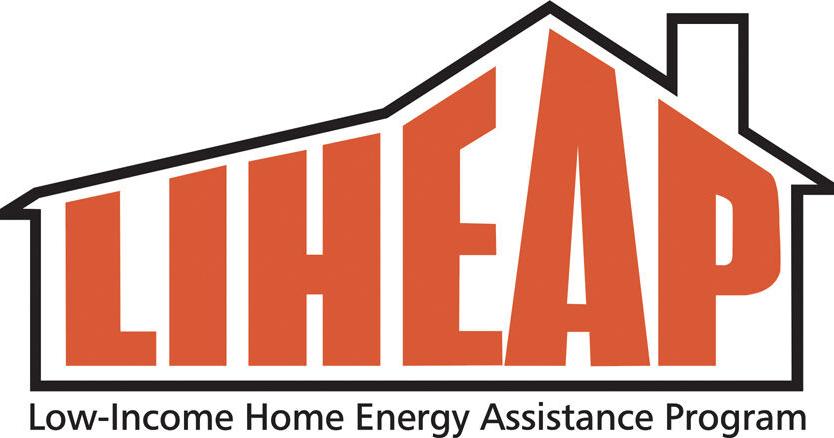Relationship Between Patient-Reported Health-Related Quality of Life and Physician-Reported Toxicities in Adolescents and Young Adults Undergoing Radiation Therapy for Cancer
Identifying the Hidden Toll of Radiation Therapy on Young Cancer Patients: A Call for Increased Awareness and Support
Radiation therapy (RT) is often a critical part of cancer treatment, particularly for adolescents and young adults (AYAs) aged 15 to 39. Yet, despite its importance, the side effects and toxicities associated with RT, and how they affect the quality of life for this age group, have not been thoroughly investigated. A recent cross-sectional study sheds light on this urgent issue, revealing a substantial link between RT-related toxicities and diminished health-related quality of life (HRQOL) for AYAs.
The goal of this study, conducted between 2018 and 2022, was simple yet impactful: to identify the toxicities that arise from radiation therapy and to explore their effects on the daily lives of young cancer patients. Researchers gathered data from 178 AYAs who underwent RT, collecting Patient-Reported Outcomes Measurement Information System (PROMIS) HRQOL instruments to assess both acute and delayed toxicities. They systematically documented these toxicities using the Common Terminology Criteria for Adverse Events, a widely recognized framework for classifying the severity of side effects.
What did they find? Among the 178 participants, a staggering 75 AYAs—nearly 89%—reported experiencing acute RT-related toxicities. The majority, 65% of those, were classified as grade 1, meaning they were considered mild but still evidently impactful. However, for the AYAs who endured more severe toxicities, like grade 2 or higher, the fallout was especially serious. These individuals reported significantly poorer scores in global mental health, highlighting a critical connection between the severity of treatment side effects and psychological well-being.
This study offers a raw glimpse into the realities faced by young cancer patients. When we think about cancer treatments, we often focus on the physical ramifications—the tumor shrinking, the chemotherapy sessions, or the radiation treatments. However, the emotional and mental toll is often overlooked but is equally important. In particular, young adults and teenagers may already be vulnerable to mental health challenges; adding the burdens of cancer and its treatment can amplify these struggles.
The link between physical symptoms and mental health is well-documented in cancer research, yet the specific impacts of RT-related toxicities among AYAs have not received adequate attention until now. Many AYAs reported feelings of isolation or fear; treatment-related discomfort can lead to difficulties in socializing or pursuing regular activities, which are crucial during this developmental stage.
What’s particularly alarming is the study’s implication that these acute and late RT-related toxicities could detrimentally affect not just physical well-being but overall life satisfaction. The importance of HRQOL cannot be overstressed; a lower quality of life can ultimately impact recovery and long-term outcomes.
This research shines a spotlight on the necessity for healthcare providers to prioritize the evaluation of RT-related toxicities among AYAs. Regular screenings can help detect these side effects early, allowing for timely interventions. This could involve anything from physical therapies designed to alleviate discomfort to mental health support for diagnosed issues stemming from their cancer experience.
As the research indicates, the presence of even mild side effects should provoke responsiveness from medical teams. The study emphasizes the need for a holistic approach to cancer treatment, whereby mental health resources are as readily available as the next round of RT. By actively managing both the physical and emotional aspects of treatment, healthcare professionals can help improve outcomes and quality of life for AYAs coping with cancer.
As we continue to explore the complexities of cancer treatment in young populations, it’s clear that improved awareness and comprehensive support systems are imperative. The findings from this study not only highlight the pressing need for further research in this arena but also implore healthcare systems to integrate emotional and psychological support into cancer care practices for adolescents and young adults. After all, every young person deserves a chance at not just surviving cancer but thriving in their everyday lives beyond treatment.





